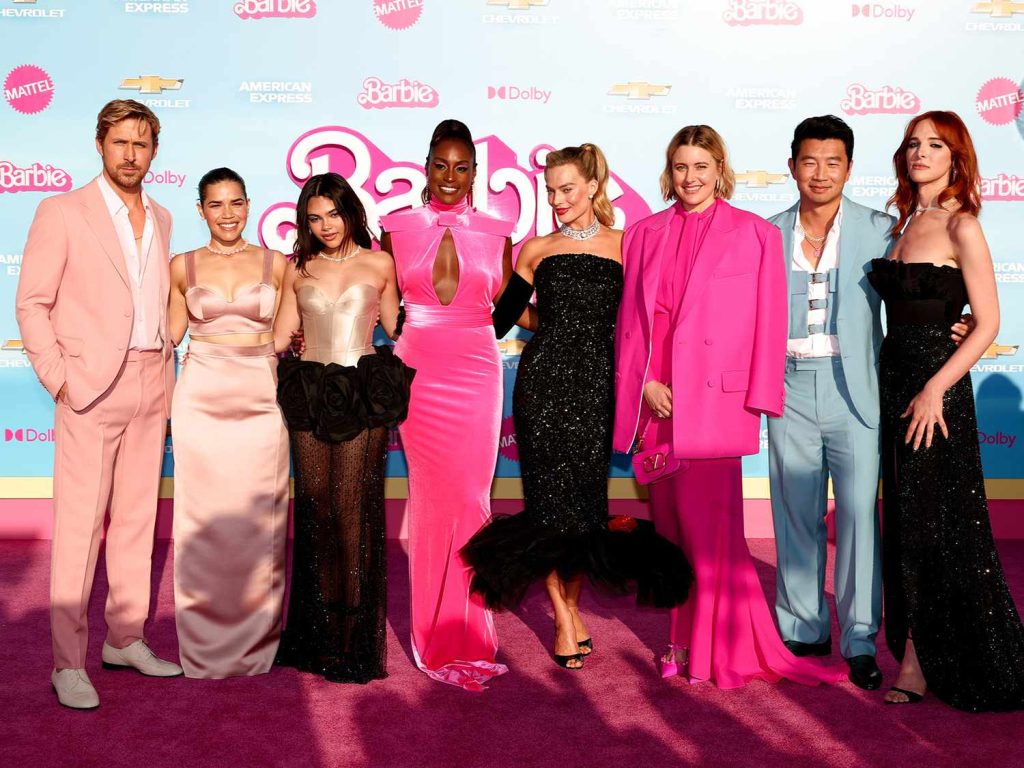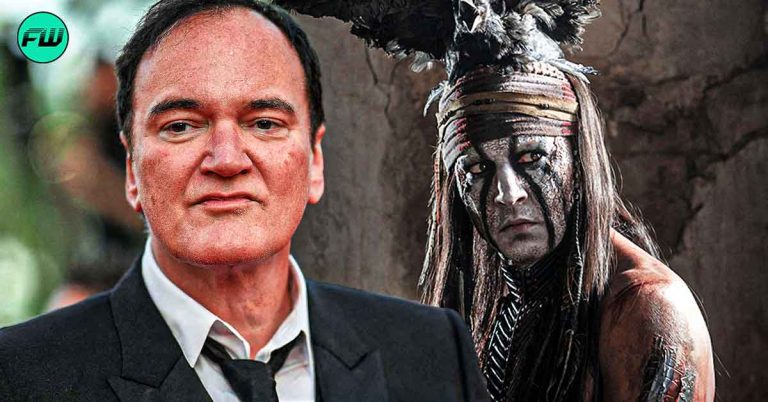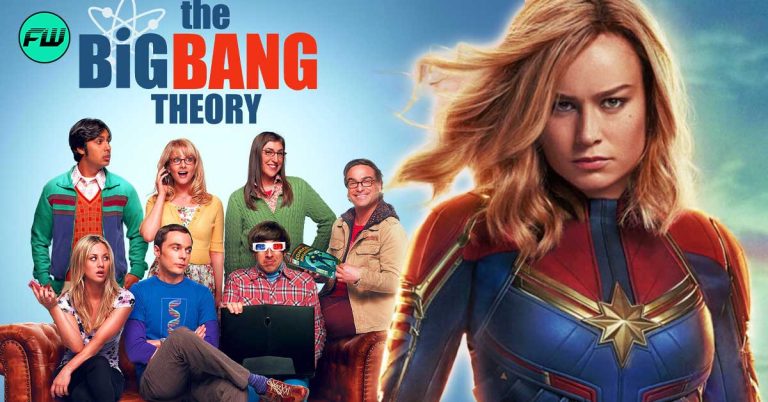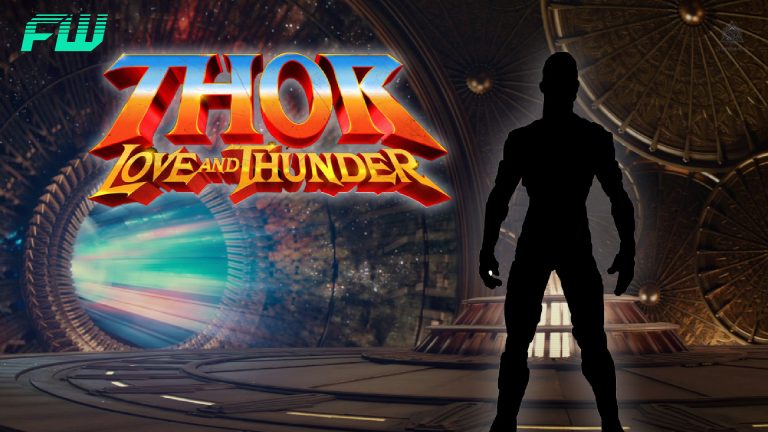The Margot Robbie starrer Barbie has been unstoppable at the box office. With a $750 million global box office, the film is deemed to be a blockbuster and is projected to reach the $1 Billion mark by the end of its theatrical window. Apart from the USA, the film has been performing exceptionally well in other countries including China.
However, all is not smooth sailing for the Warner Bros blockbuster. It has faced some criticism and has not been cleared to release in some countries due to the themes explored in the film. Most recently, the film has not been cleared for release in the Middle East.
Barbie’s Path To A Billion

Barbie has been one of the most-anticipated films of the year ever since its announcement. Directed by Greta Gerwig, the film stars big-wigs such as Margot Robbie, Ryan Gosling, Emma Mackey, Kate McKinnon, Will Farrell, and America Farrerra among others. Coupled with the release of Christopher Nolan’s Oppenheimer, the Internet turned the coinciding releases into cinematic events.
The memes turned into reality when the films were released on July 21. The double-feature cinematic event proved extremely successful for the theatrical business which had suffered a massive blow due to the Covid-19 pandemic. The cast and crew of both films played along with the phenomenon and supported each other by watching the films.
Collectively, Oppenheimer and Barbie made over a billion dollars in just two weeks. Barbie outperformed Christopher Nolan’s biopic, with a $750 million box-office collection. The pink-pop sensation had one of the best openings in recent times. But there have been a few obstacles for the play doll on its road to the big billion.
Barbie Faces Backlash From Vietnam

Before the release of the film, Barbie sparked many conversations. The pop-culture references, the historic importance of the doll, and the exploration of social themes were subject to analysis. However, one aspect of the film was criticized heavily and led to the ban of the film in a South-East Asian country.
In the trailer for the film, Margot Robbie’s Barbie meets ‘Weird Barbie’, who encourages her to leave Barbieland and explore the ‘real world’. Overcome by existential dread, Robbie proceeds to take this advice and plans to leave her world. During this conversation, the trailer shows what appears to be a crudely doodled map of the world, with lines showing directions.
This map was heavily criticized by the Government of Vietnam as they interpreted the lines near the country to depict the controversial ‘nine-dash line’, which reinforces China’s claim on the South China Sea. Despite the makers clarifying that the lines were meant to be ‘journey lines’, the government of Vietnam banned the film.
Even in the USA, the depiction of the map branded the film as ‘pro-China’, and a section of the audience called for a boycott. A representative of Senator Ted Cruz also issued a statement, “China wants to control what Americans see, hear, and ultimately think, and they leverage their massive film markets to coerce American companies into pushing [Chinese Communist Party] propaganda — just like the way the ‘Barbie’ film seems to have done with the map.”
The Middle East Strikes On Barbie

The blockbuster has also run into troubles in the Middle East. The regional distributor of the film Vox Cinemas has postponed the release to August 31. According to the distributor, Warner Brothers are still figuring out how to manage the cuts ordered by the censor board. The revisions were made based on alleged LGBT representation and narration in the film.
Saudi Arabia, the biggest market in the region has caused issues for the same reason in the past. This year’s breakout hit Spiderman: Across The Spiderverse too faced issues as the censor board requested a ‘Protect Trans Rights’ flag in Spider-Gwen’s room to be removed from the film and the film was eventually not released in the Middle East.
Barbie features openly LGBTQ actors such as Kate McKinnon, Hari Nef, Alexandra Shipp, and Scott Evans. The film is bound to irk the more conservative ideals of the Arab World. Despite the makers’ clarification that the characters in Barbie do not have a sexual orientation, the film still seems to be in contention with the Middle East. WB is also not likely to adhere to the cuts requested by the censor board and hence, the film might no released in the Middle East.
Source: Variety








